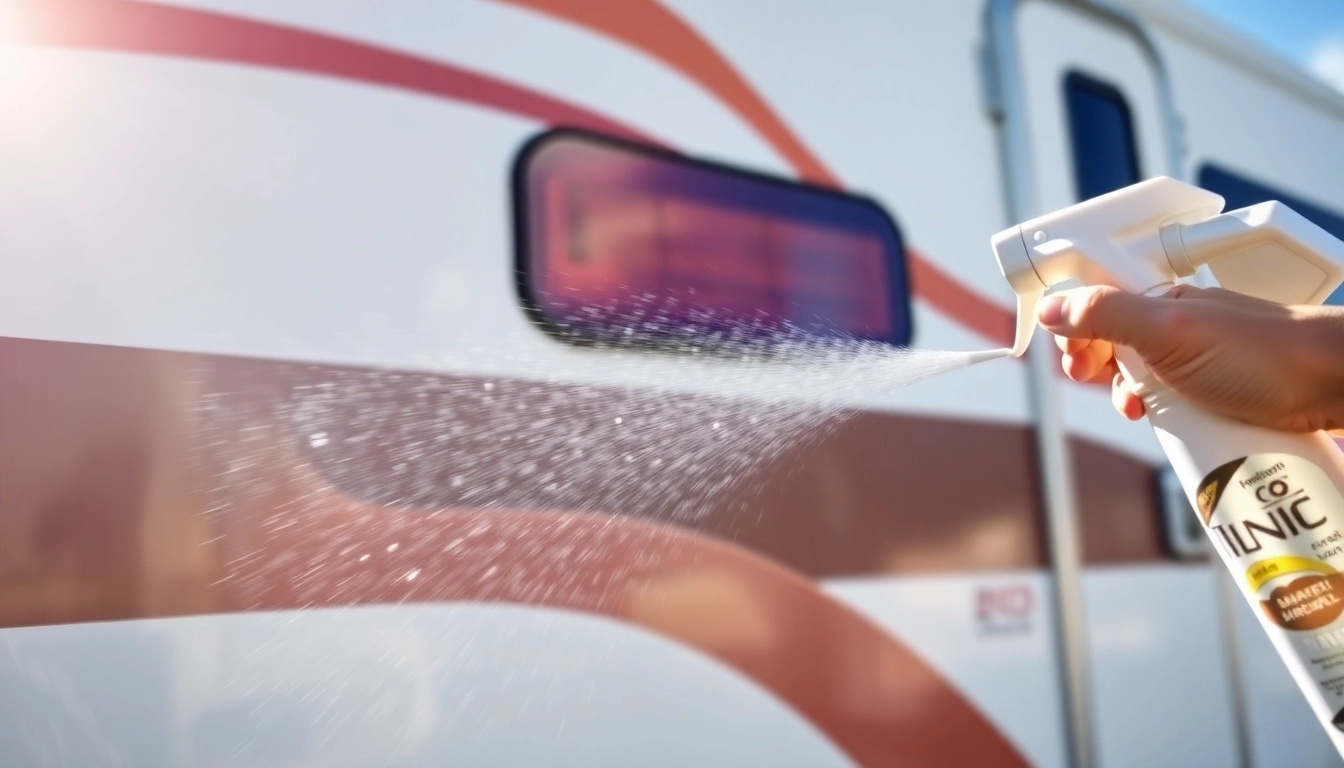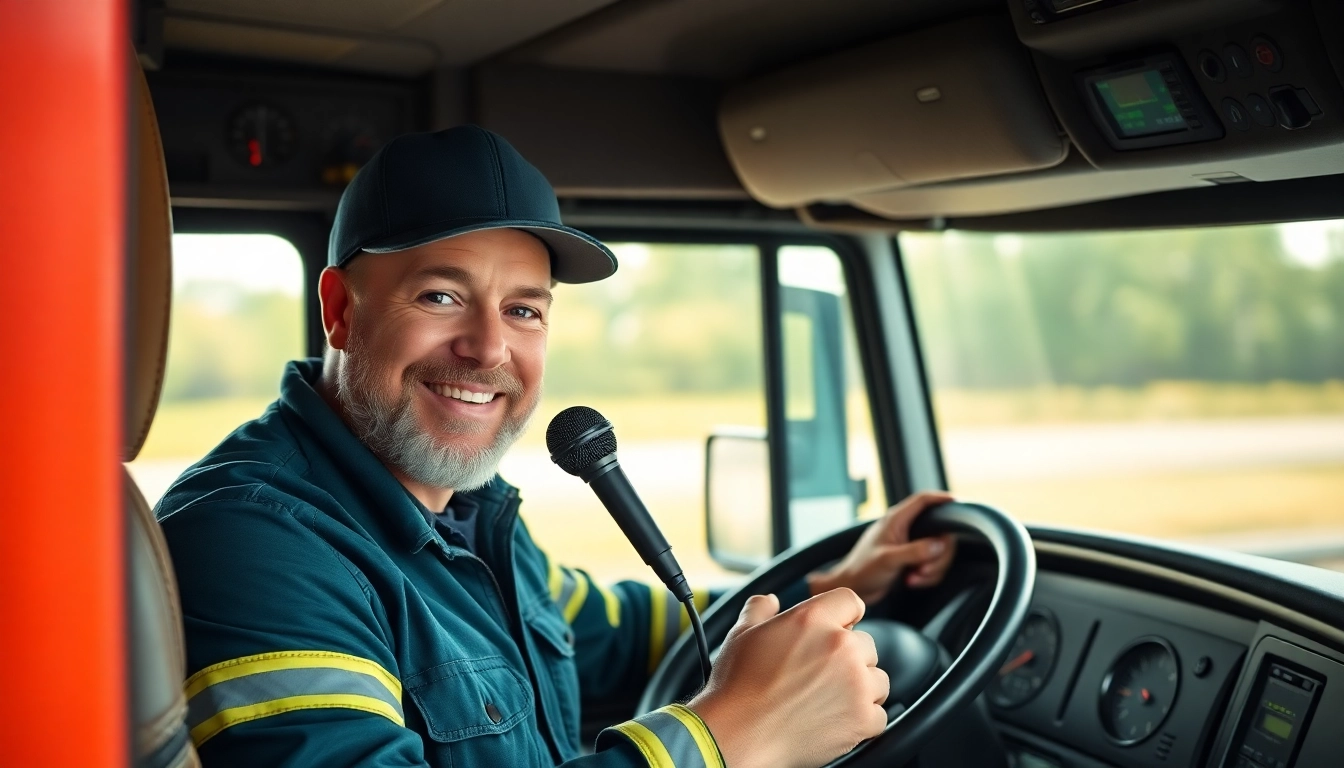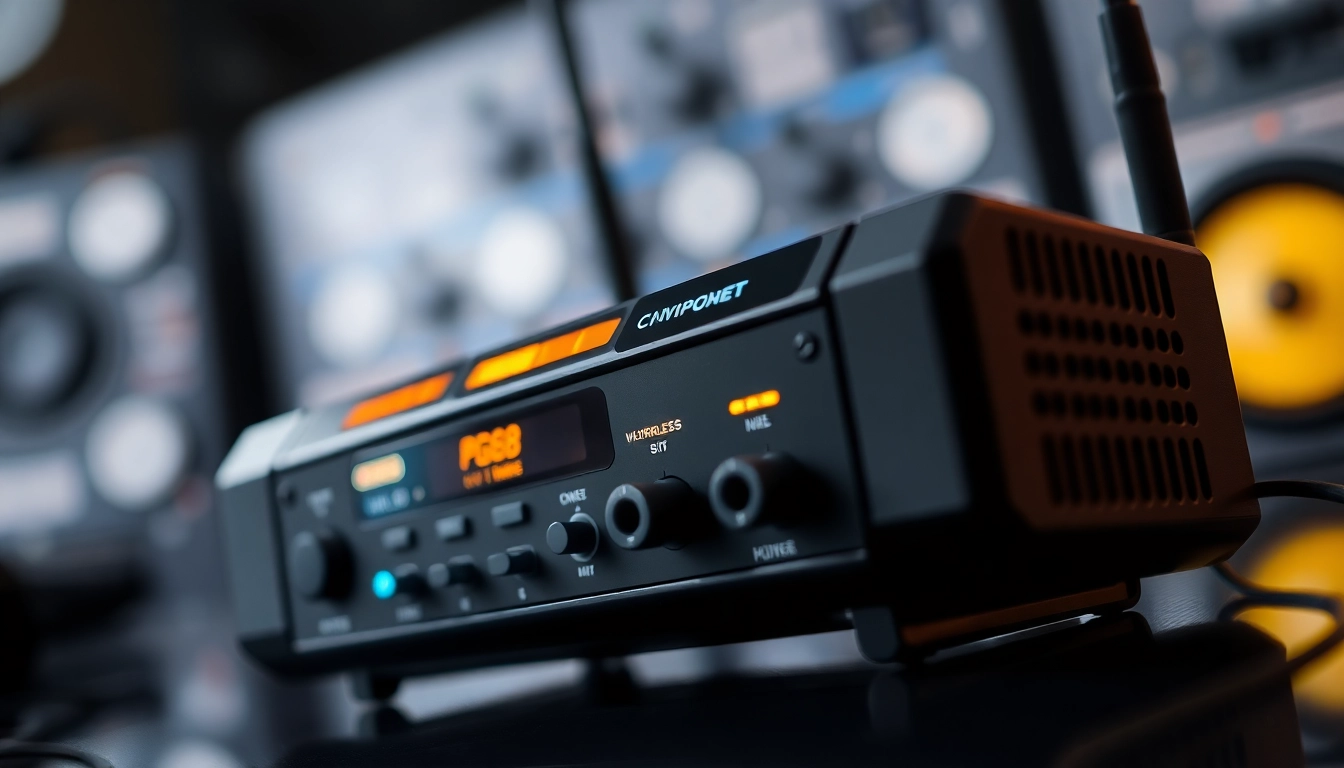Why a High-Quality Recreational Vehicle Cleaner Is Essential
Maintaining the pristine condition of your recreational vehicle (RV), whether it’s a motorhome, camper van, or boat, is vital for preserving its value and ensuring a pleasant travel experience. Regular cleaning not only enhances aesthetics but also protects surfaces from environmental damage, dirt accumulation, and corrosion. Wohnmobilreiniger plays a critical role in this process, offering a tailored solution that addresses the specific cleaning challenges faced by mobile homes and boats.
Advantages of Professional Cleaning
Employing professional-grade cleaning ensures thorough removal of stubborn grime, mold, and organic residues that typical household cleaners can’t tackle effectively. Professionally formulated products, combined with proper techniques, extend the lifespan of surface coatings and prevent deterioration caused by UV rays, saltwater, and other environmental factors. Regular, expert cleaning significantly reduces costly repairs and maintenance, saving time and money in the long run.
Common Types of Dirt and Pollutants
RV surfaces endure diverse contaminants like mud, insects, bird droppings, algae, and stubborn stains from algae and rain streaks. Salt deposits, especially in coastal environments, can corrode metal parts and damage gel coats. Dust, pollen, and road grime also accumulate rapidly, impacting the vehicle’s appearance and sometimes leading to surface degradation. Addressing these contaminants promptly with suitable cleaning agents is essential for maintaining an appealing and durable exterior.
The Need for Specialized RV Cleaners
Generic cleaning products may not be effective or safe for specific surfaces like gelcoat, acrylic, or painted panels. Specialized Wohnmobilreiniger are designed to deliver optimal cleaning performance while protecting delicate finishes. These cleaners often contain eco-friendly ingredients, UV protectants, and anti-adhesive components to prevent future buildup, making them indispensable for consistent RV maintenance.
Choosing the Right Recreational Vehicle Cleaner
Key Criteria for Effective RV Cleaners
- Surface Compatibility: Ensure the cleaner suits your RV’s materials—gelcoat, plastics, aluminum, or composites.
- Ease of Use: Opt for products that are simple to apply and rinse, with clear instructions.
- Eco-friendliness: Select biodegradable formulations to minimize environmental impact.
- Stain and Contaminant Removal: The product should effectively eliminate dirt, stains, and pollutants without harming the surface.
- Additional Protection: Consider cleaners that include protectants or sealants for long-term durability.
Comparison of Conventional vs. Specialized RV Cleaners
While household detergents like dish soap or all-purpose cleaners may handle light dirt, they often fall short against stubborn stains, organic residues, and environmental pollutants. Moreover, they may strip protective coatings or cause surface crazing over time. In contrast, specialized Wohnmobilreiniger are formulated specifically for RV materials, offering deep cleaning combined with surface protection. For instance, a dedicated RV cleaner like BCC Power Cleaner effectively removes grease, dirt, and algae while preserving the integrity of gelcoats and plastics.
Proper Dosage and Application Strategies
Following manufacturer instructions guarantees optimal results. Typically, concentrate cleaners need to be diluted with water in specific ratios, such as 1:5 or 1:10, depending on the dirt level. Application can be done via foam spray, microfiber cloth, or brush, with ample dwell time to loosen deposits. Rinsing with clean water thoroughly removes residues and prevents streaks or spots. Using tools like the BCC Snow Foam Gun enhances foam adherence, ensuring an even and effective cleaning process.
Step-by-Step Guide to RV Exterior Cleaning
Preparing Your Equipment and Ensuring Safety
Prepare all necessary tools: high-quality microfiber towels, a foam gun, soft brushes, and the proper outdoor cleaning products. Safety measures include wearing gloves and eye protection, working in shaded areas to prevent rapid drying, and following proper handling instructions for chemical cleaners to avoid skin irritation or inhalation risks.
Dry and Wet Cleaning Techniques
Start with a dry brushing or rinsing to remove loose dirt and dust. Use a foam gun filled with an appropriate dilution of RV-friendly cleaner like BCC Power Cleaner to pre-soak surfaces. The foam clings to contaminants, loosening grime and making it easier to wash away with microfiber towels or brushes. Pay special attention to corners, seams, and recessed areas where dirt tends to accumulate.
Protective Coatings and Long-Term Maintenance
After cleaning, apply surface protectants such as BCC Power Sealer to seal the surface against future dirt and environmental damage. Regular inspections and reapplication can improve gloss, reduce maintenance effort, and extend the lifespan of the paint and coatings. Keeping a maintenance log helps track cleaning intervals and product effectiveness.
Tips for Sustained Protection and Care
Routine Cleaning and Inspection
Implementing a regular cleaning schedule—ideally every 3-4 months—prevents dirt buildup, which can cause long-term damage. Post-trip inspections identify minor issues early, avoiding costly repairs. A combination of gentle washes, quick detailing, and periodic sealant reapplications maintains shine and surface integrity.
Choosing Eco-Friendly Cleaning Options
Opt for biodegradable cleaners like the BCC Power Cleaner or natural alternatives that do not contain harsh chemicals. Eco-friendly products safeguard the environment, especially when rinsing waste into storm drains or ground drainage systems. They also promote the health of users and reduce exposure to toxic substances.
Measuring and Documenting Maintenance Success
Use visual records, gloss meters, or dirt accumulation assessments to evaluate cleaning efficacy. Keeping a maintenance journal helps identify the best product combinations and intervals, ensuring your RV or boat remains in top condition with minimal effort.
Frequently Asked Questions About RV Cleaners
What cleaning products are suitable for sensitive surfaces?
Gentle, pH-neutral cleaners like BCC Power Polish or specially formulated gelcoat cleaners are ideal. They clean effectively without causing surface crazing or degradation. Always test on small areas first and follow manufacturer instructions.
How often should I wash my RV?
Generally, every 3 to 4 months is sufficient for regular maintenance. Coastal or heavily polluted areas may require more frequent cleaning to prevent salt or dirt buildup. Frequent washing preserves the surface, enhances appearance, and prevents damage from environmental factors.
Any tips for interior cleaning?
Keep interior surfaces clean with mild disinfectants and microfiber cloths. Regularly vacuum and wipe surfaces to prevent mold and dust. Use specialized interior cleaners like SONAX Caravan Interior Cleaner for fabrics and plastics, ensuring a fresh environment during trips.



